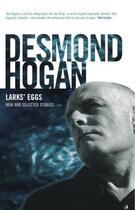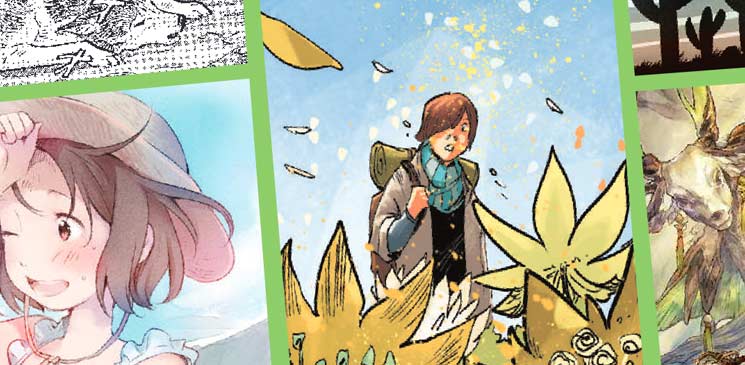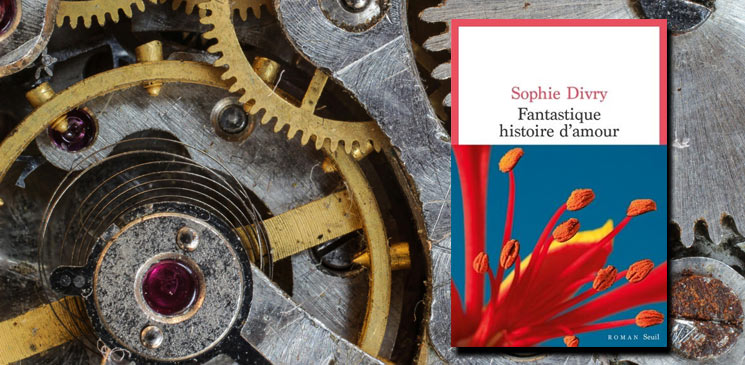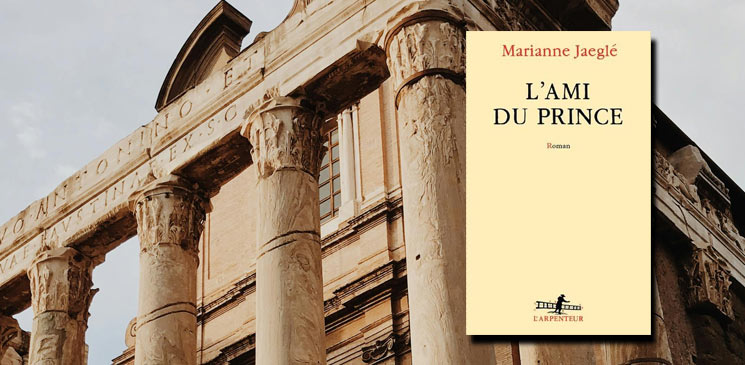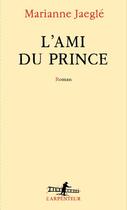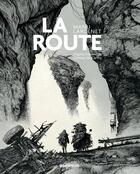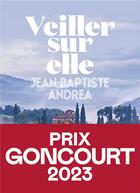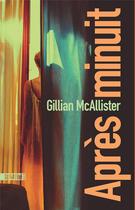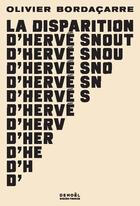-
Nombre de pages : (-)
-
Collection :
(-)
-
Genre :
(-)
-
Thème :
Non attribué
-
Prix littéraire(s) :
(-)
Résumé:
'With forty pounds he went back to England. Curlews cried in the bog next to Ballinasloe station. A taxi-man looked harassed - no work maybe. They kissed - slenderly. The train left. She walked away.' And so Diarmaid withdraws from his mother once more, as he returns to London just before his... Voir plus
'With forty pounds he went back to England. Curlews cried in the bog next to Ballinasloe station. A taxi-man looked harassed - no work maybe. They kissed - slenderly. The train left. She walked away.' And so Diarmaid withdraws from his mother once more, as he returns to London just before his eighteenth birthday. In the quiet of her Galway home, Susan is forced to confront a ruptured relationship with her only son, and the ikons - feathers, beads, paper accumulated into shapes - marking the progress of his troubled childhood. As she pursues him across England, meeting friends and lovers left in his wake, she resigns herself to the man her son has become, and must face a new identity of her own. In this story about the dark complexities of love, the mysteries of sexuality, the anguishes of motherhood, Desmond Hogan conveys an unassailable truth about human experience: that nothing and no one can stay the same forever. Desmond Hogan won the John Llewellyn Rhys Memorial Prize in 1991, an Irish Post Award, the Hennessy Award, and in 1977 the Rooney Prize for Irish Literature. The Ikon Maker, his first novel, originally published in 1976, is now a modern Irish classic. 'I think Hogan has learnt something from John McGahern in the way he constructs this simple and allusive story. Not a word is wasted or misplaced ... The Ikon Maker is wonderfully assured: in its quiet, suggestive way it manages to say a great deal about Ireland ... It is a tremendously affecting book.' SEBASTIAN FAULKS
Donner votre avis




